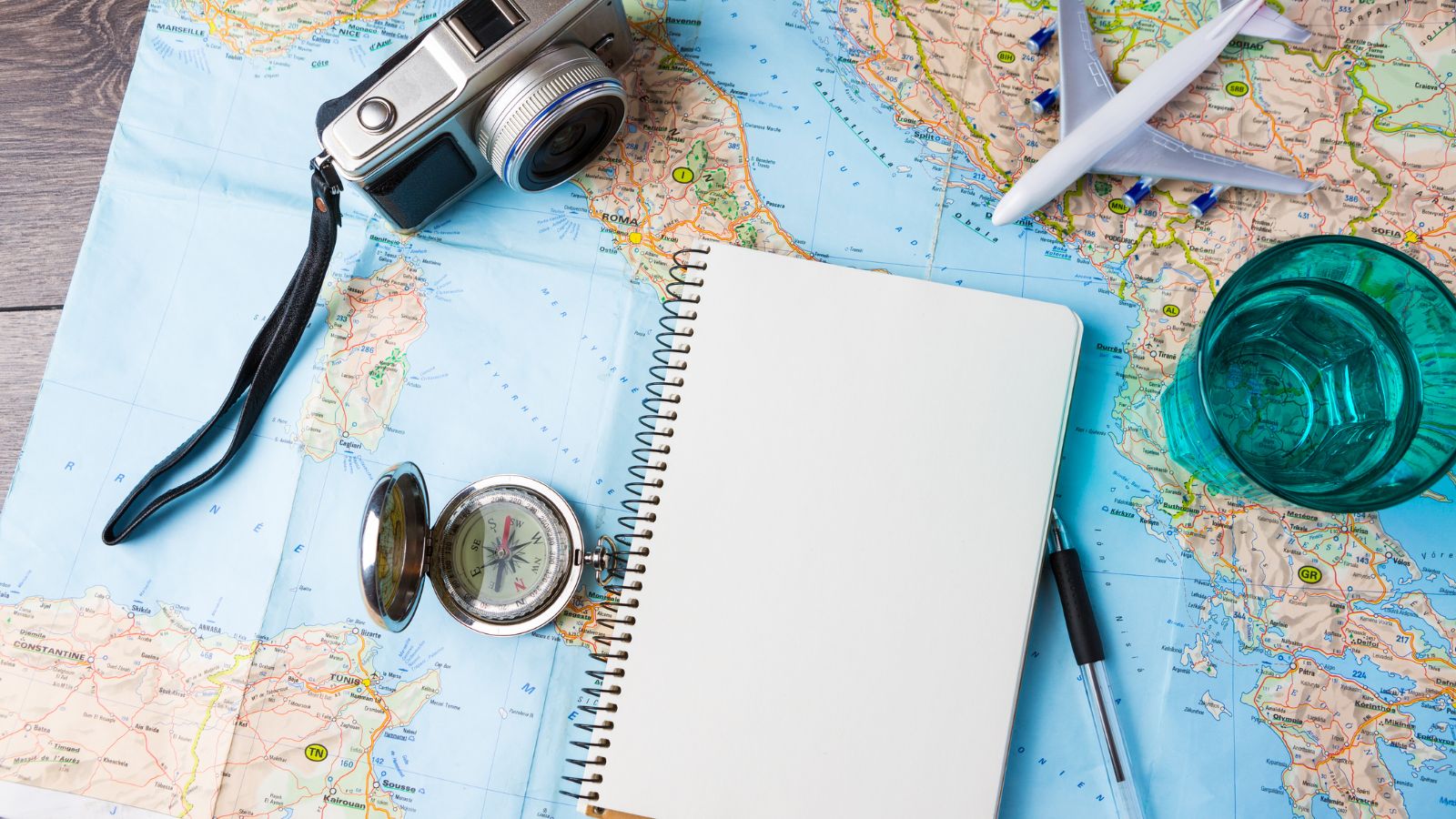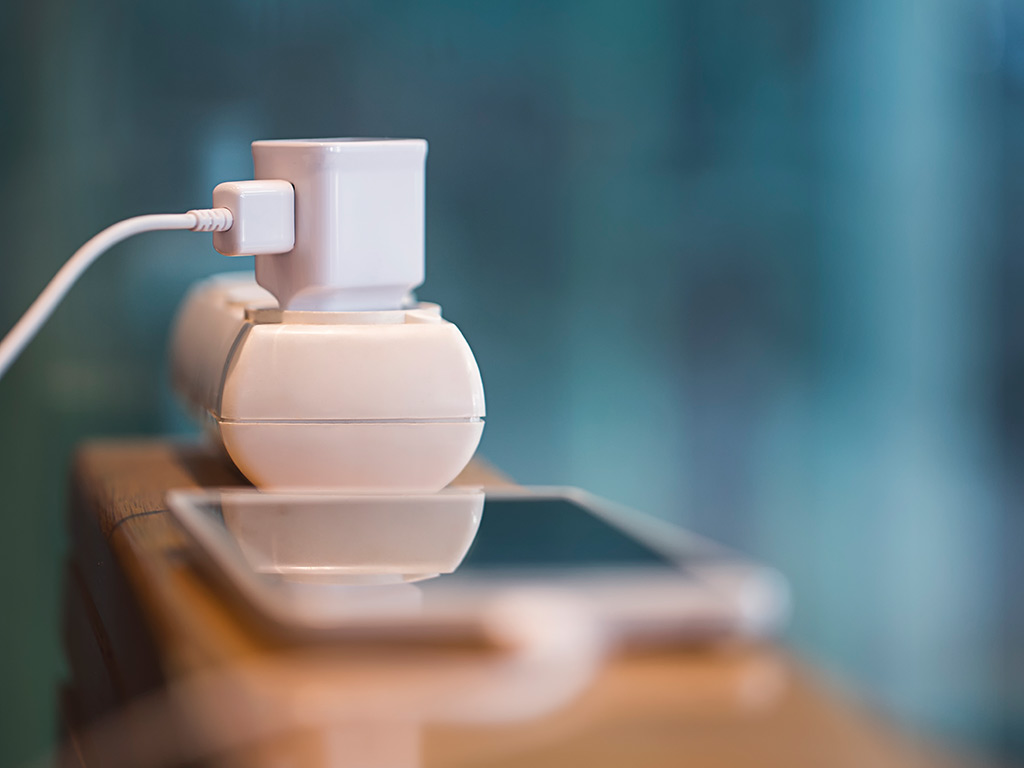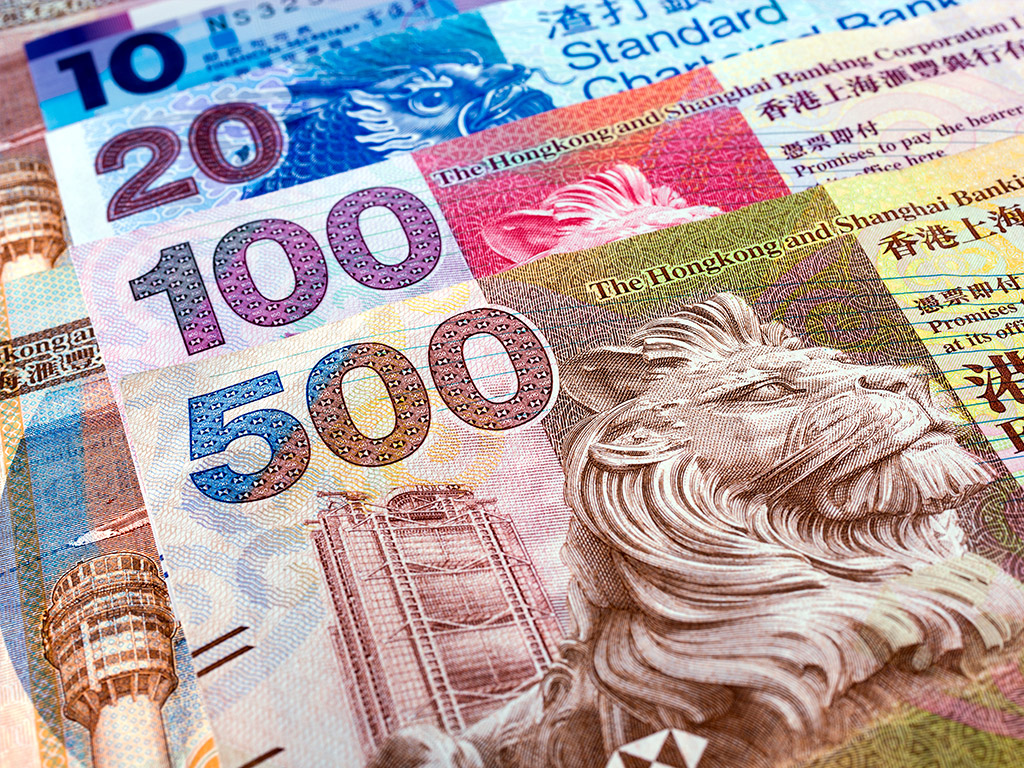Hong Kong’s Immigration Department has simplified eligibility and enrollment for the self-service immigration clearance (e-Channel) for qualifying frequent visitors. Visit their website to learn more.

While Hong Kong is an easy city to visit, let us make it even more of a cinch with this useful collection of practical information. It will be a breeze with maps, apps, tips and guides, as well as the latest on immigration, transportation and more.
7-day weather forecast
Today |
||||||||
| 04 March
Wed |
04 March
Wed |
05 March
Thu |
06 March
Fri |
07 March
Sat |
08 March
Sun |
09 March
Mon |
10 March
Tue |
11 March
Wed |

|

|

|

|

|

|

|

|

|
| 17°C
62°F  95% 95%
|
16-19°C
60-66°F  70-95% 70-95%
|
17-22°C
62-71°F  65-90% 65-90%
|
17-23°C
62-73°F  50-75% 50-75%
|
18-21°C
64-69°F  55-80% 55-80%
|
17-20°C
62-68°F  60-80% 60-80%
|
18-21°C
64-69°F  65-85% 65-85%
|
18-22°C
64-71°F  65-85% 65-85%
|
18-22°C
64-71°F  60-85% 60-85%
|

Hong Kong has a subtropical climate. The only predictable weather events that could have a significant impact on your travel plans are typhoons.
Typhoon season begins in May and ends in November. When a typhoon is approaching, warnings are broadcast on television and radio. There are various degrees of warning signals issued by the Hong Kong Observatory, but when the No. 8 signal is in place, most businesses and shops close down and flights may be cancelled. There is a separate warning system for heavy rain.
You can find detailed weather updates for tourist attractions on the Hong Kong Weather Information for Tourists website. While you’re in Hong Kong, you can also dial 1878 200 and press '3' for English to check the latest situation.
What to expect from Hong Kong’s seasons and what to pack
SPRING (MARCH TO MAY)
Temperature and humidity are rising. Evenings can be cool.
What to pack: Bring long-sleeved shirts or a light jacket for the evenings, and an umbrella or light rainwear for the occasional spring drizzle.
SUMMER (JUNE TO AUGUST)
Hot, humid and sunny, with occasional showers and thunderstorms. The temperature can exceed 31°C but high humidity levels can make it feel even hotter.
What to pack: Wear light and breathable clothing, but also prepare a jacket as air-conditioning may be strong in indoor areas such as shopping malls and on public transport. Remember to bring an umbrella or light rain gear, as there may be monsoons in the summer. Mosquito repellent and sunglasses are also recommended for extended outdoor activities. Bring swimming gear! Summer is the perfect time to enjoy Hong Kong’s beaches and water sports.
AUTUMN (SEPTEMBER TO NOVEMBER)
There are pleasant breezes, plenty of sunshine and comfortable temperatures. Many people regard these as the best months of the year to visit Hong Kong.
What to pack: Dress in breathable clothing, but also prepare warmer clothing such as jackets for the cooler mornings and evenings. Autumn is the hiking season in Hong Kong, so don’t forget to bring a good pair of walking shoes.
WINTER (DECEMBER TO FEBRUARY)
Cool, dry and cloudy, with occasional cold fronts. The temperature can occasionally drop below 10°C in urban areas.
What to pack: Pack warm garments such as wool sweaters and coats. Bring along a few pieces of thermal wear for extra layers if needed.
There’s generally no need to worry about dress codes unless you are planning to visit up-market restaurants and bars in the city, which normally do not admit flip-flops and shorts. We advise you to check ahead for dress codes required by the establishments you are planning to visit.

The standard electrical voltage in Hong Kong is 220 volts AC, 50Hz. Most hotel bathrooms also have outlets for 100 volts, but if not, you will need a transformer for any appliance or electrical equipment. The majority of electrical outlets in Hong Kong take a three-pronged UK-style plug.

An Air Passenger Departure Tax (APDT) of HK$200 will be levied on passengers aged 12 years and above departing from Hong Kong by air. Passengers who meet specific criteria may be eligible for exemptions from this tax.
For more information on the exemption criteria, please click here. Exempted passengers who paid the APDT with their air tickets can apply for a refund through the Civil Aviation Department (CAD) of the HKSAR Government. Details are available on the CAD website.

THE HONG KONG DOLLAR
The legal tender in Hong Kong is the Hong Kong dollar (HKD), which is pegged to the US dollar at a rate of about 7.80 HKD to 1 USD, although exchange rates may fluctuate slightly.
CHANGING MONEY
You can exchange your currency for Hong Kong dollars at any authorised money exchanger. For extra peace of mind, look for a money exchanger that is accredited by the Quality Tourism Services (QTS) Scheme. At Hong Kong International Airport, currency exchange counters are open from early morning until late at night and many located within the city stay open into the evening. ATMs are widespread and operate 24 hours. Exchange rates fluctuate daily depending on currency markets.
Currency converter by yahoo: finance.yahoo.com/currency-converter/
CREDIT CARDS & ELECTRONIC PAYMENTS
International credit cards such as American Express, VISA and MasterCard are also welcome at many hotels, retail shops and restaurants. Some department stores, chain retail shops and restaurants also accept electronic payments such as Octopus card, Apple Pay, Google Pay, Alipay and WeChat Pay. Such premises usually display stickers showing the credit cards and electronic payments they accept at their entrances or at the cash register.
ATM
ATMs can be found almost everywhere. Many take international cards and some HSBC 'Electronic Money' machines provide 24-hour cash withdrawal (HK$) facilities for Visa and MasterCard holders. Some even provide foreign currency withdrawal service.
Learn more at HSBC.

Hong Kong has taken a significant step towards environmental sustainability. Restaurants and merchants are no longer providing disposable plastic tableware such as straws, cutlery, cups, and takeaway containers. We are also putting an end to the free distribution of plastic products in hotel rooms.
Licensed hotels and guesthouses may still provide these regulated items upon request. They will charge a fee for these items, which will be clearly indicated on your receipt. This way, we can work together to reduce plastic waste and protect our environment. For more information, please contact your accommodation or click here.

Chinese and English are the official languages of Hong Kong. All official signs and public transport announcements, as well as most menus, are bilingual.
Cantonese is the mother tongue of the majority of Hong Kong residents, which has distinctively different pronunciation to Mandarin widely spoken in the Mainland.
Hong Kong: Heung Gong
Hello: Nei-hou (sounds like ney-ho)
Thank you — when someone offers you a service (pouring tea): ng-goi (sounds like mmm-goy)
Excuse me / please — asking for something: ng-goi (sounds like mmm-goy)
Thank you — when accepting a gift from some one: doh-je (sounds like door-chair)
Good morning — greeting in the morning: jou-sen (sounds like joe-san)
Goodnight: jou-tau (sounds like joe-towe)
Goodbye: joi-gin (sounds like joy-gee-n)
How much: gei-do-chin (sounds like gay-do-chin)
Yummy: hou-hou-sihk (sounds like ho-ho sick)
Order please: shei-yei, ng-goi (sounds like say-yeah, mmm goy)
Bill please: Maih-dan, ng-goi (sounds like my-dan, mmm goy)



 Live Chat
Live Chat









